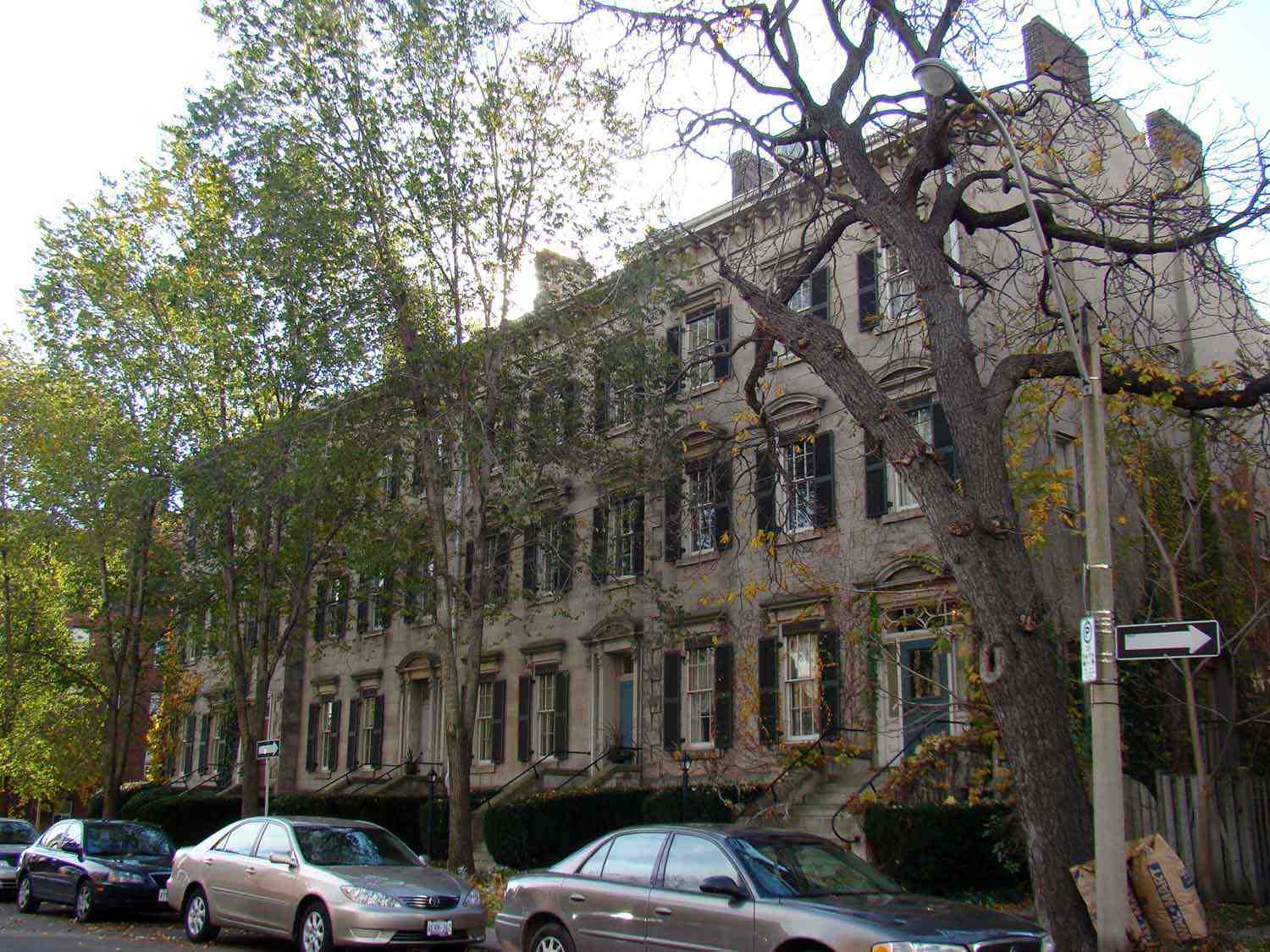Menu
Benefits of heritage designation under the Ontario Heritage Act
The benefits of designation under the Ontario Heritage Act (OHA) include:
- Designation of individual properties (OHA, section 29) empowers a municipality with the legal ability and jurisdiction to determine if a heritage property will be preserved.
- Designation of heritage conservation districts (OHA, section 41) empowers a municipality with the ability to identify a special area of their community that possesses unique character and to identify and ensure that this character is preserved.
- Designation can be undertaken with or without the support or consent of the owner.
- The full protective power of designation comes into effect when a municipal council states its intention to designate. This process only requires the drafting of a statement of cultural heritage value and interest, a council motion and an advertisement in a local publication.
- Designation can be combined with a heritage property standards bylaw to enable a municipality to prevent demolition by neglect.
- There is no compensation requirement for an owner of a designated property.
- Designation can be undertaken quickly.
- Any form of real property can be identified and protected in a designation bylaw, including buildings, structures, open space, landscape features, trees and plantings.
- Compared with expropriation or purchase, designation is an extremely cost-effective way to protect a heritage property.
- Designation provides the fundamental and legal eligibility criteria for a municipality to use in awarding any heritage incentives, including grants, planning incentives and property tax rebates.
- Combined with local commemorative, interpretive and educational programs, designation can encourage pride of place, walking tours, Doors Open Ontario festivals and cultural tourism initiatives.
- Designation of a heritage conservation district is an extremely effective, comprehensive and flexible land-use planning tool. It combines the conservation objectives of the Ontario Heritage Act with the ability to influence and specify appropriate and contextually sensitive forms of new development.

